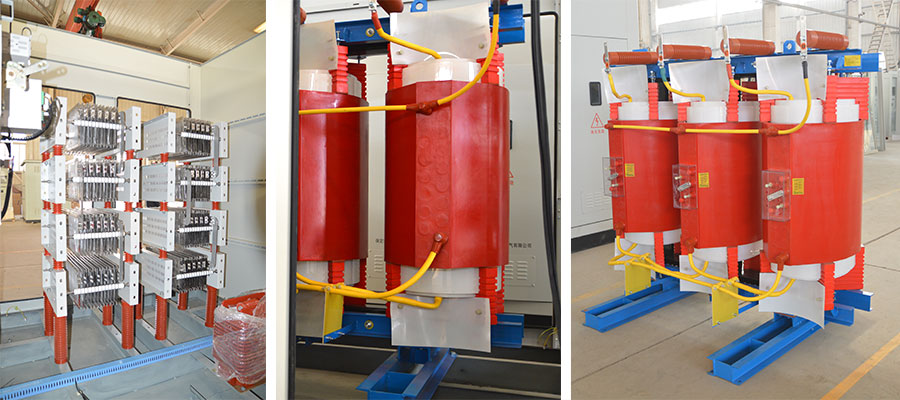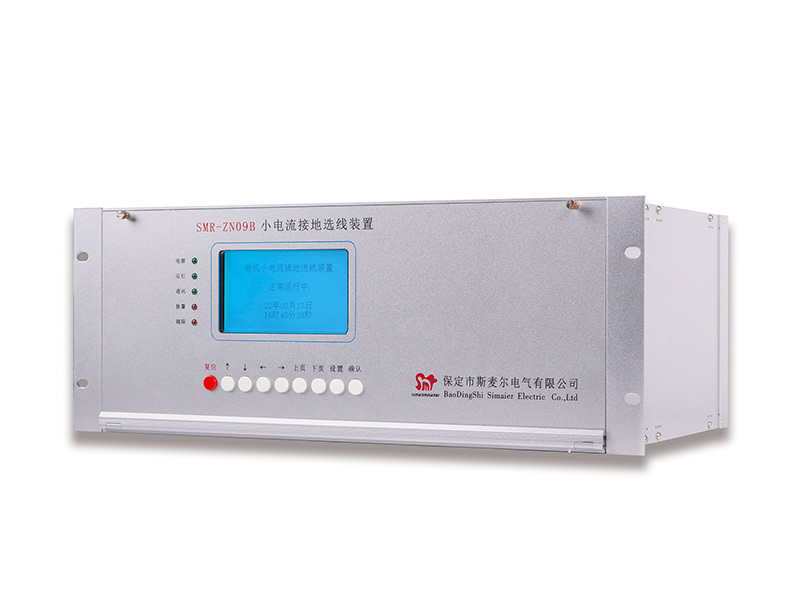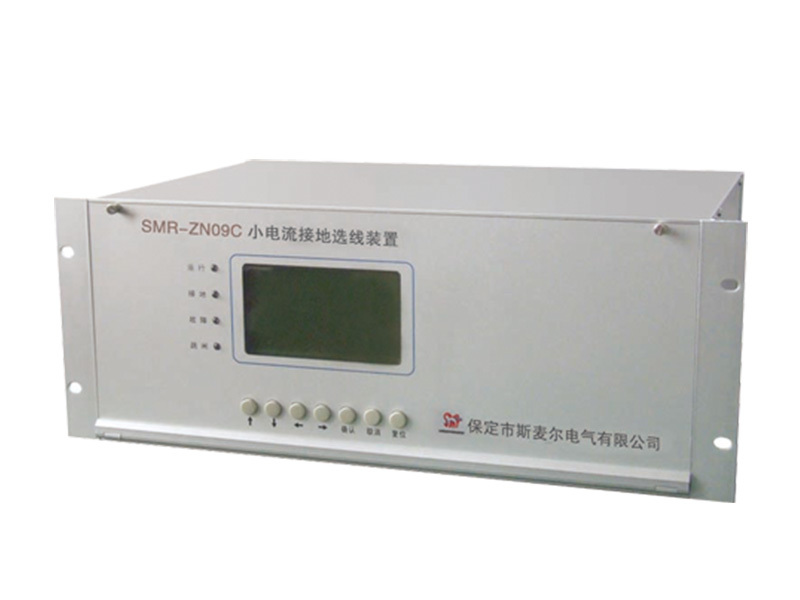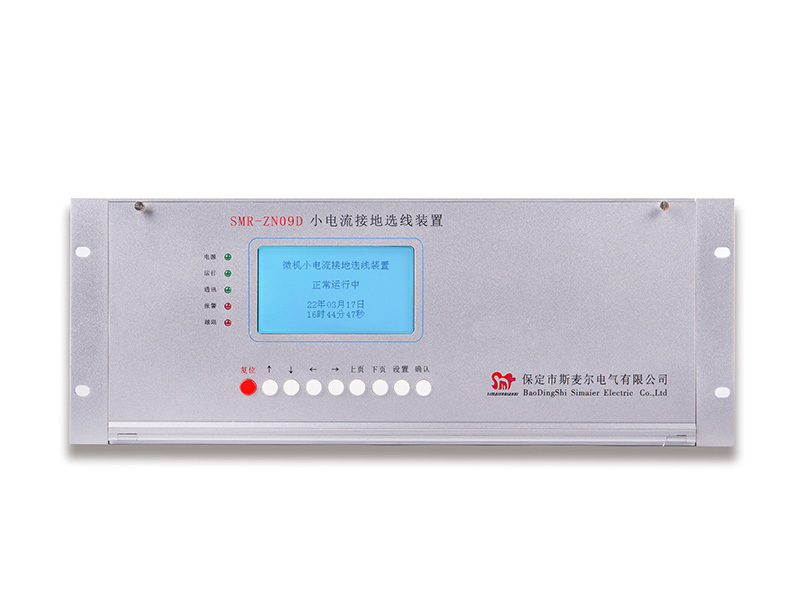Contact Us
Mobile:+86 15203128120
E-mail:bdsmrdq@163.com
Address: Building 2, Building 14, Baoding Gaoxin Dizhigu, 3099 Xiangyang North Street, Gaokai District, Baoding City, Hebei Province,China

SMR-NGR Transformer Neutral Point Grounding Resistance Cabinet
- Description
-


1. Product Overview
With the development of urban power grids, the proportion of cable lines has been increasing year by year, leading to a dramatic increase in ground capacitance current. For distribution networks primarily based on cable lines, if operated with an ungrounded neutral point or a neutral point grounded through an arc suppression coil, a single-phase ground fault can produce several times higher overvoltage, which can easily develop into phase-to-phase short circuits, expanding the fault, damaging electrical equipment, and endangering the safe operation of the system. If a neutral point is grounded through a small resistance, the overvoltage multiple can be reduced to below 2.5 times, preventing harm to electrical equipment, extending the service life of electrical devices, and allowing relay protection devices to operate reliably and selectively quickly disconnect fault lines.
2. Product Features
The SMR-NGR series transformer neutral point grounding resistance cabinet standard equipment consists of grounding resistance elements, supporting insulators, insulating sleeves, internal wiring, and cabinet body. It is suitable for 50/60Hz voltage levels of 6 to 66kV in power transmission and distribution systems and is a current-limiting protective device that connects the transformer neutral point to the ground. After installing the neutral point grounding resistance cabinet, when a non-metallic ground fault occurs, the current flowing through the grounding point and the neutral point is significantly reduced compared to metallic grounding, and the voltage rise of the non-fault phase is also significantly reduced, providing a current-limiting and voltage-reducing effect, avoiding potential damage to lines and equipment. It is typically used for short-time operation and does not consider the ability to carry large currents for long periods; its power and voltage levels depend on the conditions of the transmission and distribution system.
Key words:
Online Inquiry










